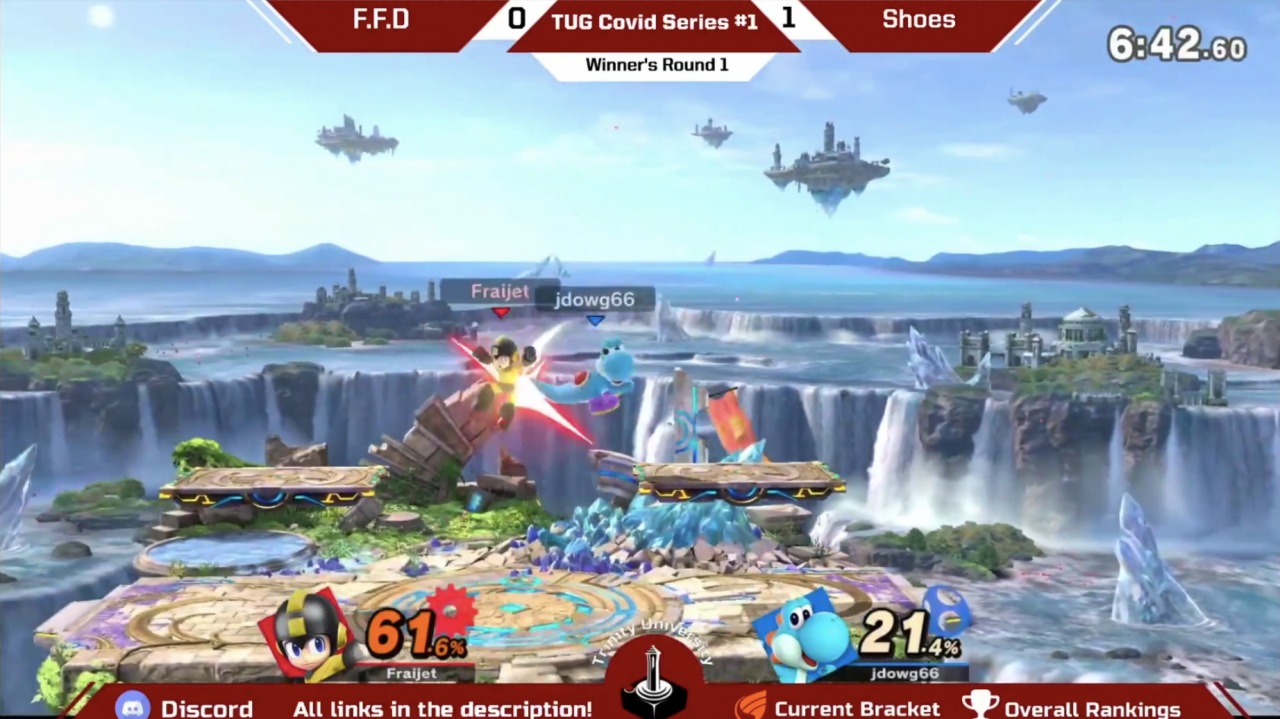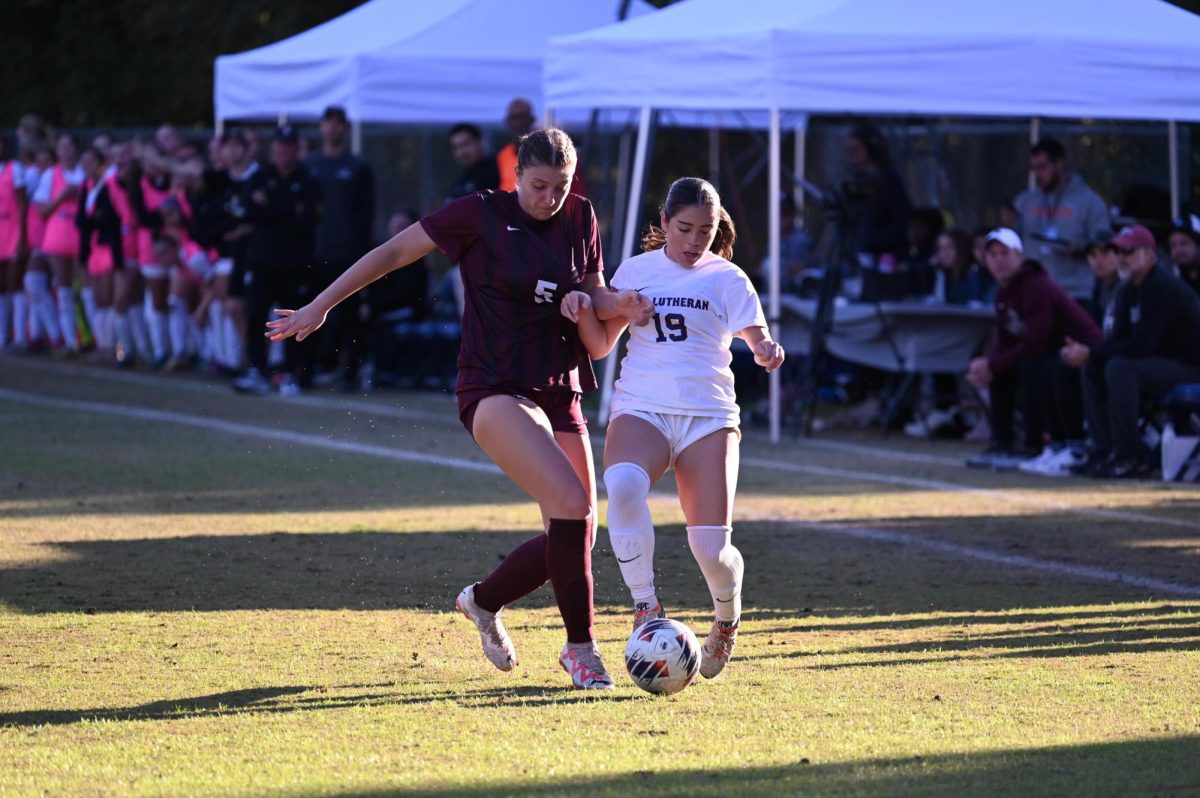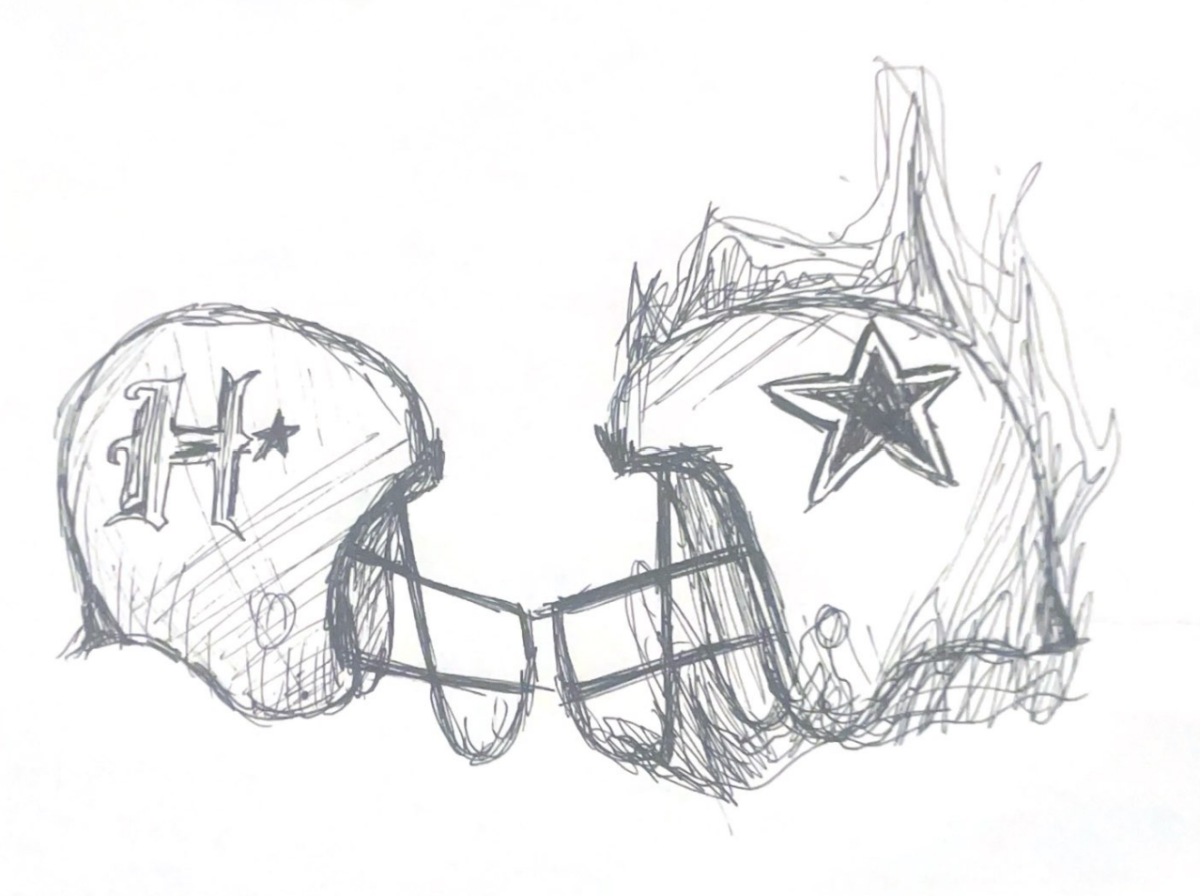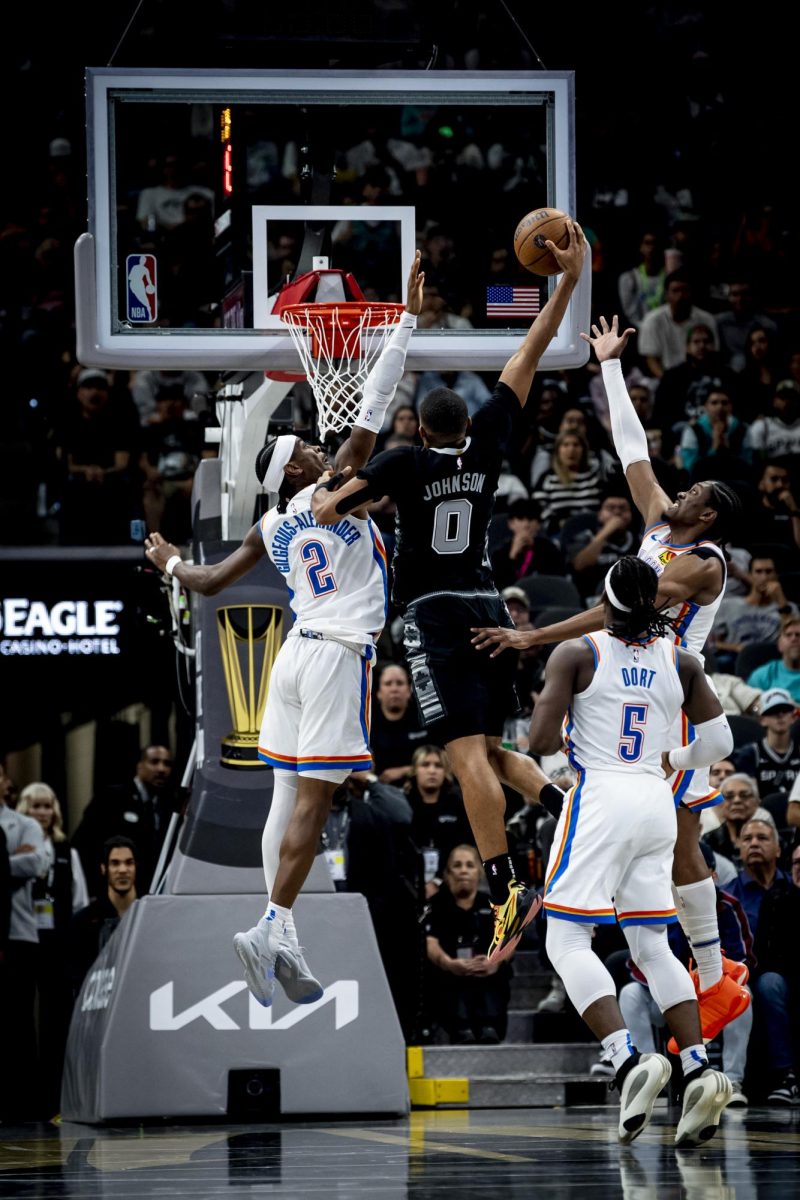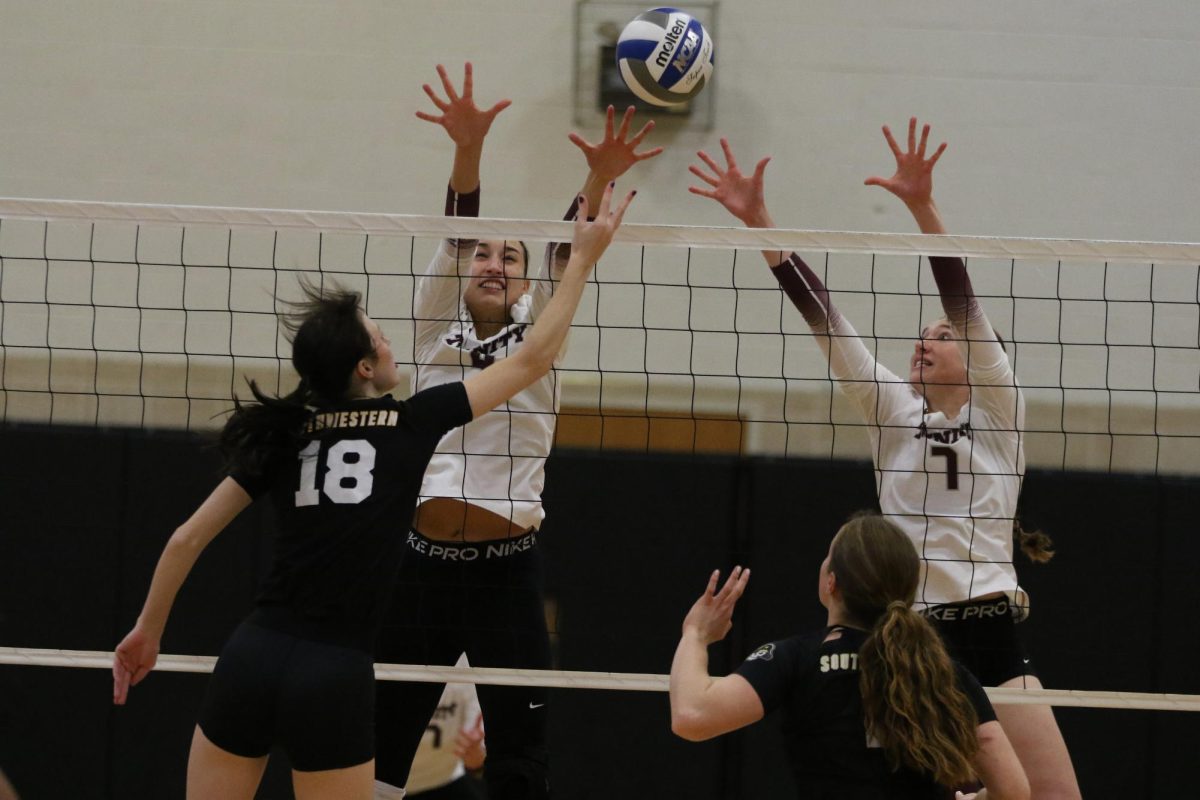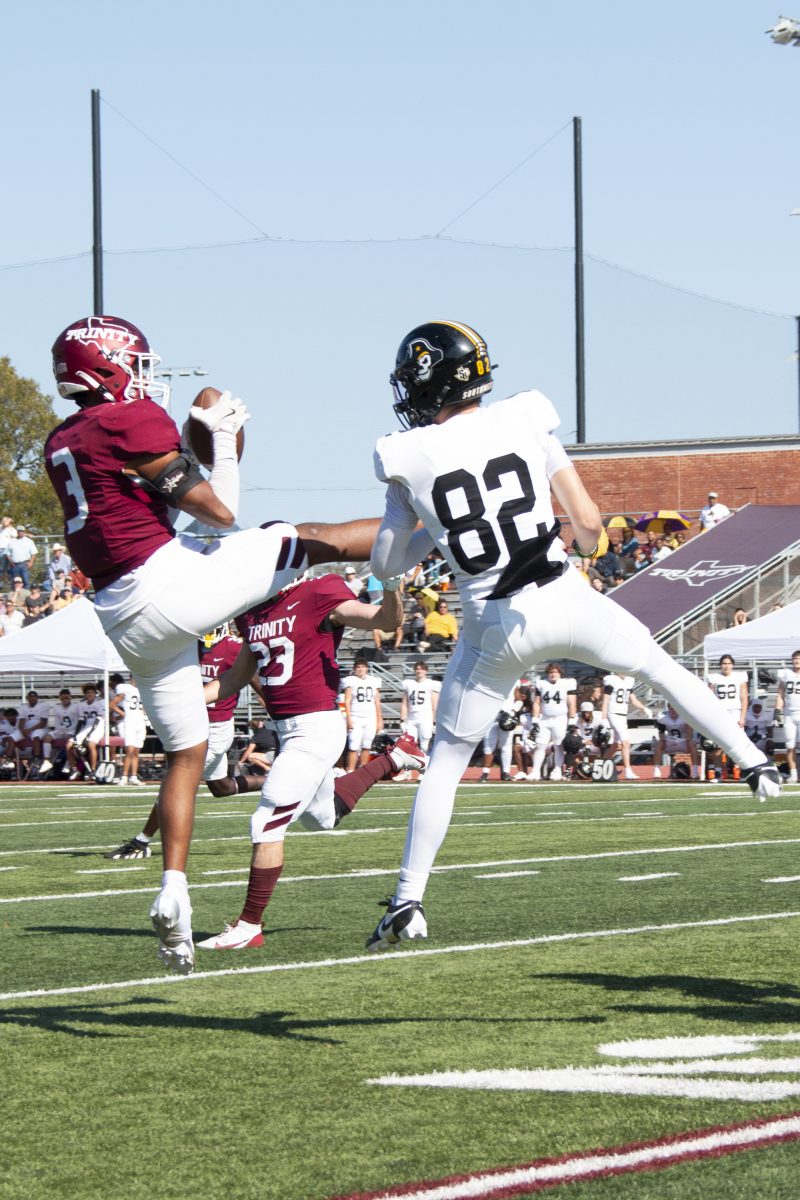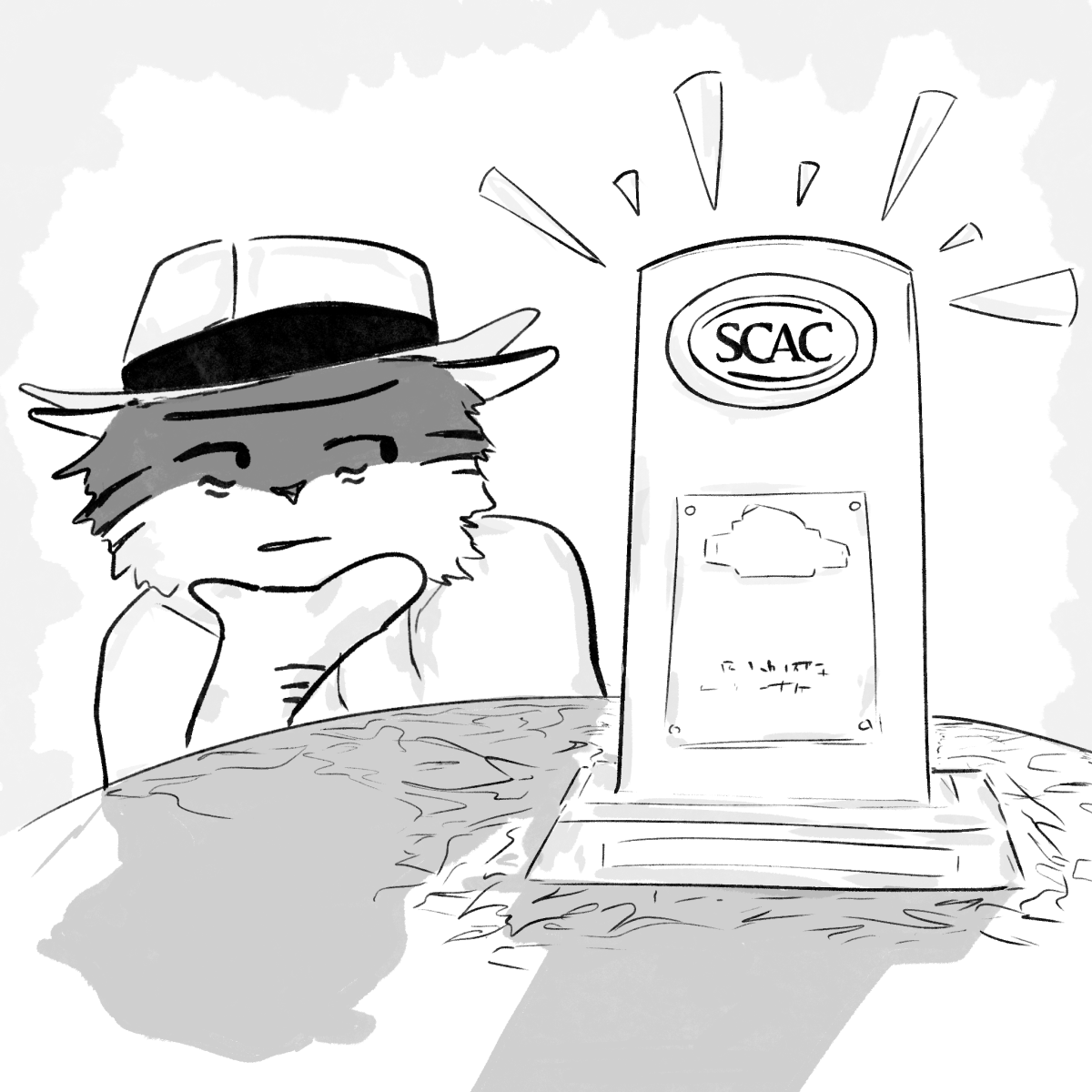photo by Kate Nuelle
In April of 2019, the Southern Collegiate Athletic Conference (SCAC) held its first official Division III esports competition, but just a year later, the SCAC had to cancel their second-ever esports season due to COVID-19. Now, to avoid future complications caused by the pandemic, SCAC is moving all sports competition online for the upcoming season.
Esports involve online competitions through virtual games, but often players meet to play against one another in the same room. The sudden shutdown last spring meant that esports athletes were left without the chance to compete in- person, just like their physical sports counterparts, according to Christopher Dailey, junior and TU Gaming (TUG) president.
“Last semester, it was very unfortunate because everyone was shutting down so quickly, SCAC just had to completely shut itself off and we just lost [the season]. We had done a season up until that point and then it just cut off,” said Dailey.
According to Chad Conway, junior and TUG VP of Events and Super Smash Bros. Ultimate (Smash Ultimate) Captain, the nature of esports makes creating a synchronous schedule the biggest challenge.
“Even if things are looking better come March when the actual competition is, they still have just decided to do it online to be safe. With some of the games, it doesn’t have much of an effect; many of them incorporate online play into the games already, so it’s more just finding a time for everyone to get on and play at the same time with people in Texas and schools in Colorado, stuff like that,” said Conway.
Another change the SCAC will potentially make in the upcoming esports season is offering more games for athletes to compete in. Originally, schools would send teams of three to six people to compete in Smash Ultimate, League of Legends, Rocket League and Overwatch. However, this year, the SCAC announced a list of over ten potential games — including single-player games like Mario Kart, Magic the Gathering and Hearthstone — that will be added to the championship roster if enough participants show interest.
“If enough people are willing to participate in [team games, like Valorant and League of Legends], there will be a season for those […], where it’s like the people that win the most get byes and at the actual tournament, everyone else has to play each other based on how many games they won in the season,” said Dailey. “[For single-player games] that’s just essentially one person goes to SCAC and just plays that specific game.”
Every individual school will respond to the SCAC survey to indicate player interest in each of the potential sports to determine which games will be represented in the March competition. In the meantime, Trinity esports athletes will have the opportunity to compete in League of Legends, Rocket League, Smash Ultimate, Valorant and Fortnite—assuming one more person joins the team—in the Collegiate Star League (CStar), according to junior Jackson Meyer, TUG VP of Esports and Captain of Rocket League and League of Legends.
“SCAC for us is a little bit later it the Spring semester; however, as of right now, I’m trying to get a bunch of teams to participate in what’s called CStar. CStar is a national collegiate organization that deals with Esports and multiple different video games,” said Meyer.
In addition to CStar, TUG hopes to participate in a Smash Ultimate tournament on Jan. 24th, 2021 at San Antonio’s LFG Cyber Cafe, according to Meyer.
“LFG Cybercafe is a big tournament here and they’re going to help host it, and it’s going to be [teams] from [Texas A&M] San Antonio, UIW, UTSA, UT, University of Houston, Trinity and a few others … [We’re] going to have a pretty big prize pool for that as well, and they’re going to host it, so we should be getting some jersey’s from them, custom Trinity masks as well, and it’ll be a nice kind of different pace, especially for the Smash team to actually have an in-person event, instead of all the online ones we’ve planned for them,” said Meyer.
According to Dailey, TU Gaming is not only about competitive esports, as the club also aims to provide a balance of casual and competitive events.
“We’ve been trying to kind of separate [TUG from TU Esports] a little bit because there is both a casual and competitive side to most video games, and not everybody enjoys the competitive side especially,” said Dailey. “Especially this semester because we can’t do tournaments as easily, we’re trying to be a bit more casual with some of our events.”
With Student Involvement allowing clubs to book a limited number of rooms to host in-person club activities, TUG hopes to start hosting in-person events like their traditional Horror Night and popular Smash Ultimate tournaments, according to Conway.
“The goal is definitely to get Smash Ultimate up and running because we’ve had a lot of interest in that especially lately, but that being said—also yes with the Horror Night that is one of our staples—we’re still going to have in-person events, along with our online events. Obviously we don’t want to exclude anyone who can’t be on campus,” said Conway. “Our plans are possibly even having simultaneously an in-person Smash event while also having an online one, so whatever your situation, you can participate in whatever bracket fits your needs. In-person we know that obviously, it’s going to be a lot different, having to social distance, wear a mask, you’re not going to be able to share controllers or anything like that, but I think we’ve got some ideas on how to make it work.”

